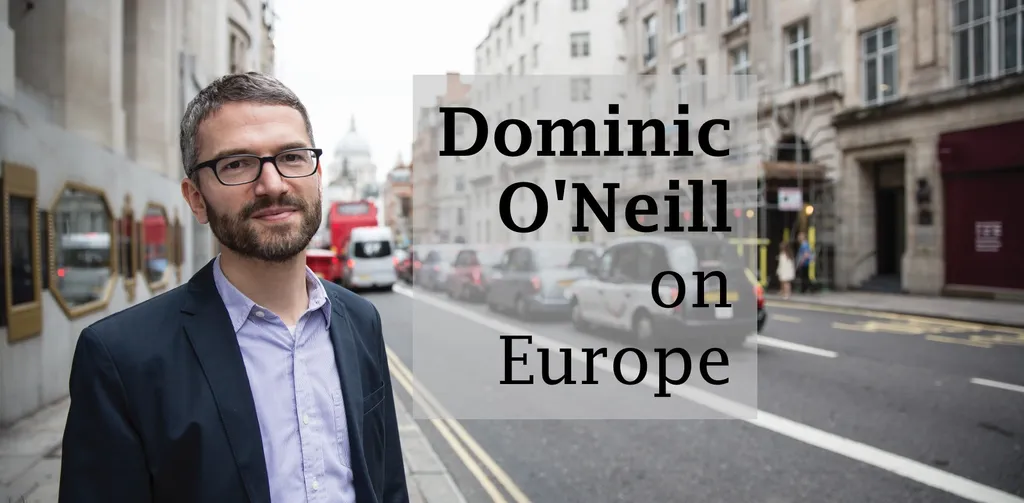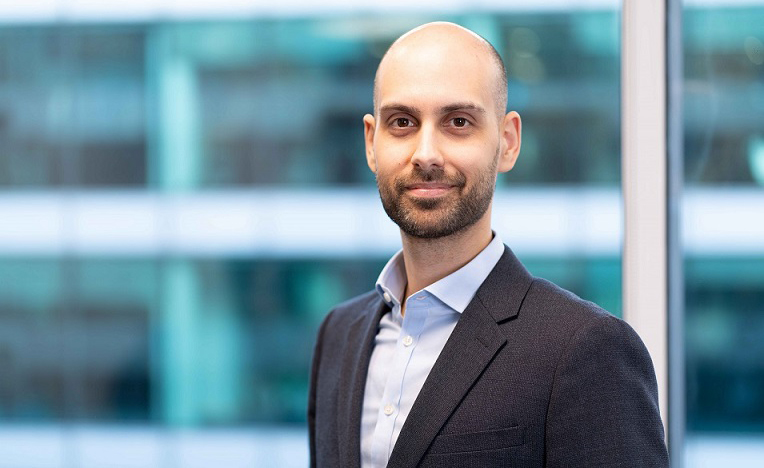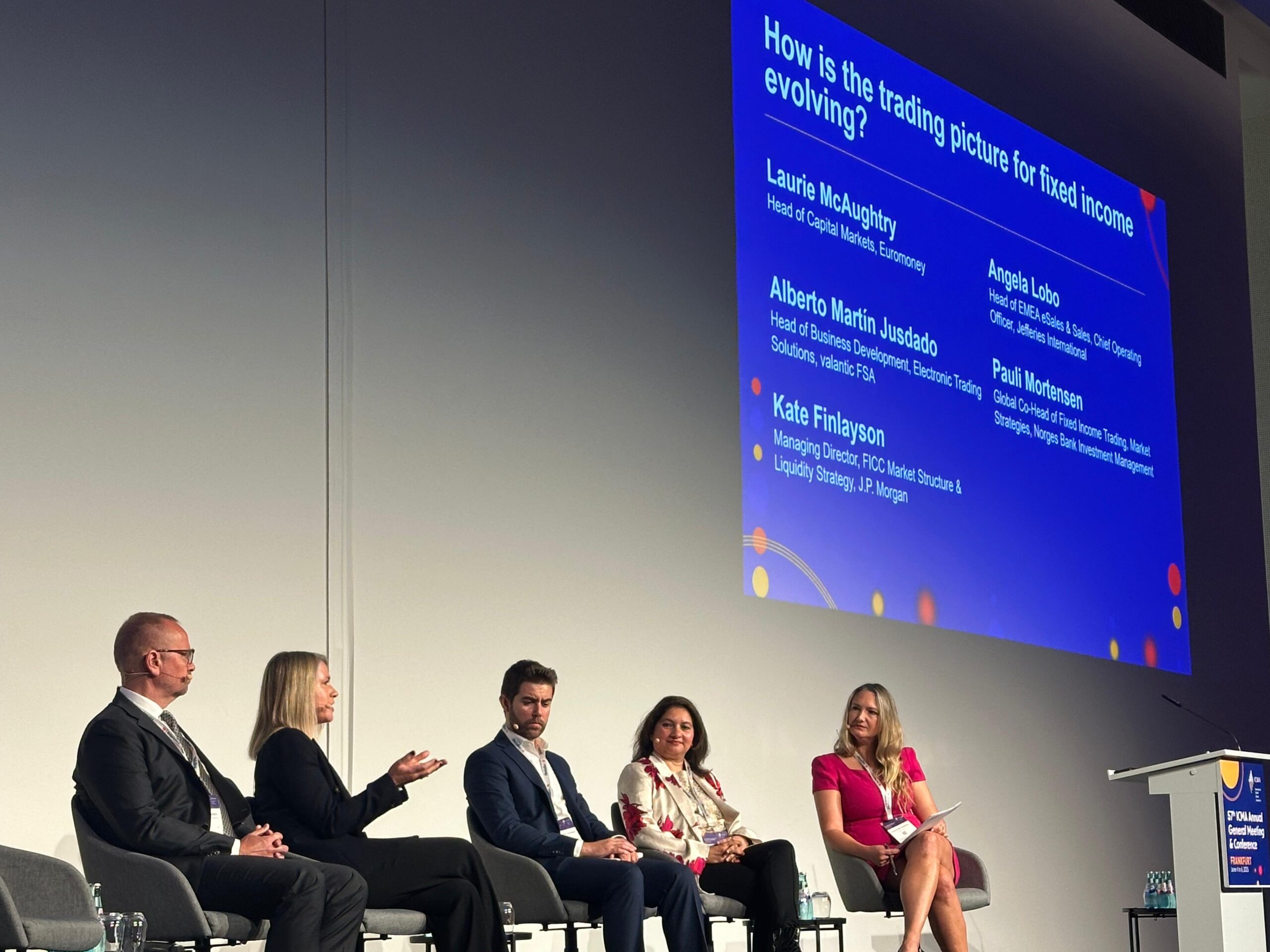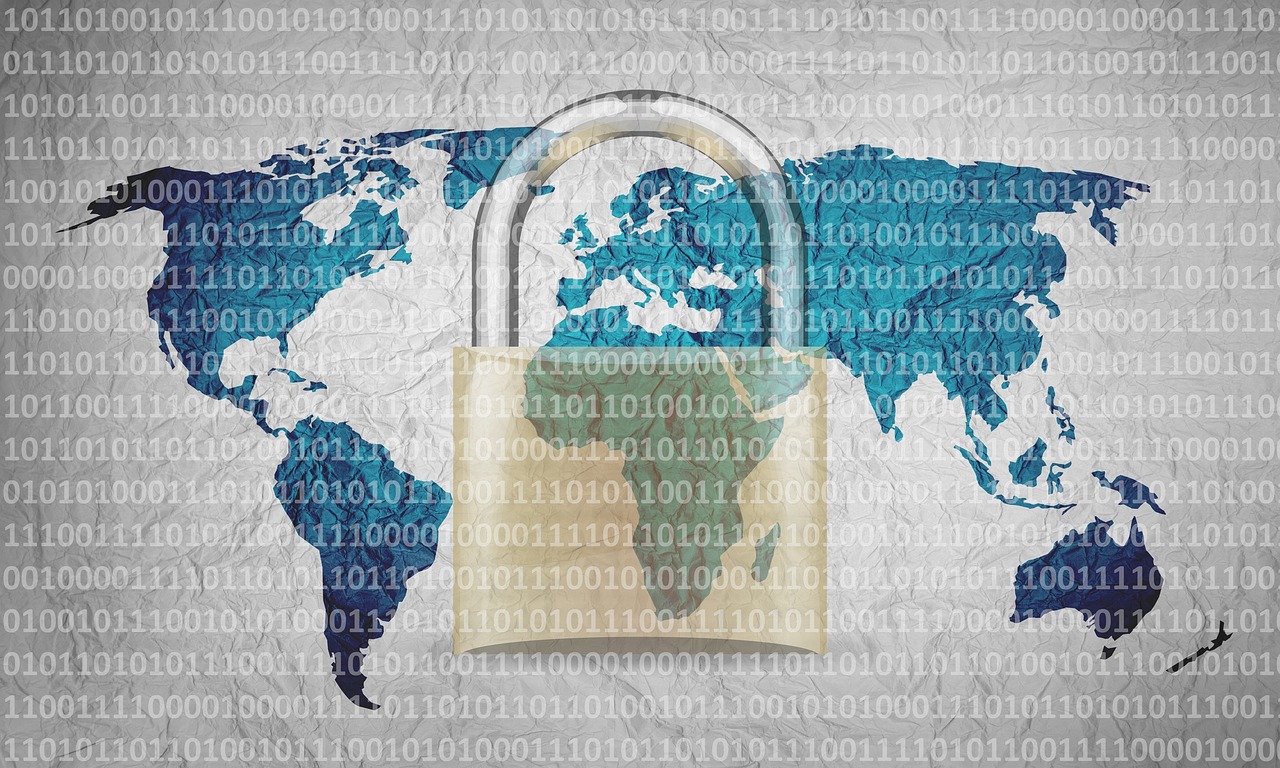Despite centrist Enrico Letta’s victory in a bruising local by-election, it is clear that chief executive Andrea Orcel and his bank UniCredit will not become heroes in the saga that still surrounds Banca Monte dei Paschi di Siena (MPS).
That is frustrating, as Intesa Sanpaolo managed to look much more heroic – from both a political and shareholder perspective – in its government-backed purchase of two failing banks in the Veneto region in 2017.
After agreeing pre-conditions for buying MPS in late July, Orcel sounded hopeful that he could sign a deal to buy the bank by the middle of September.
Thanks for your interest in Euromoney!
To unlock this article:




